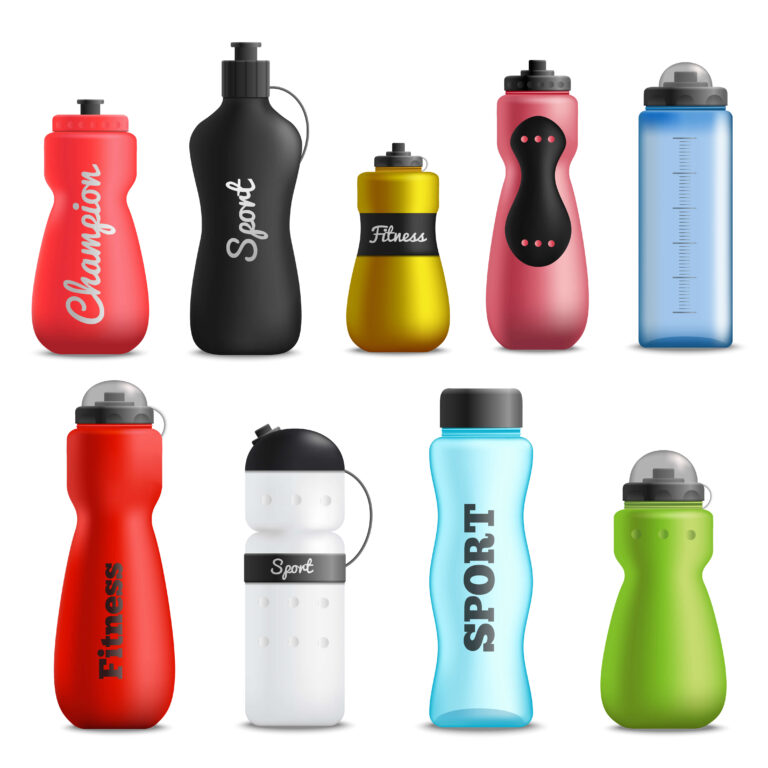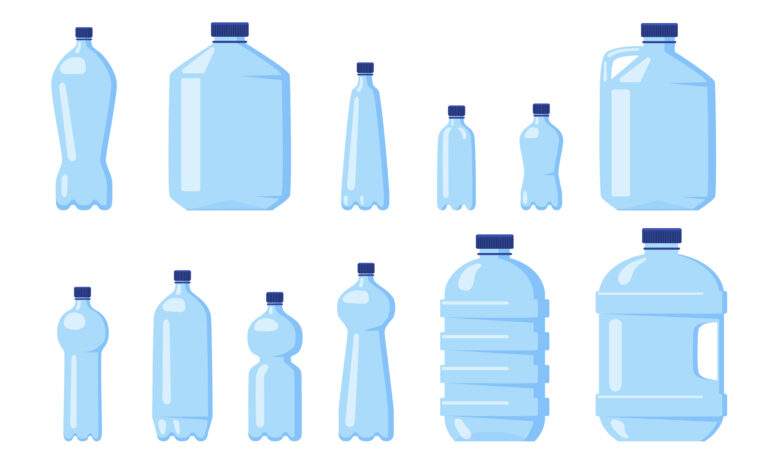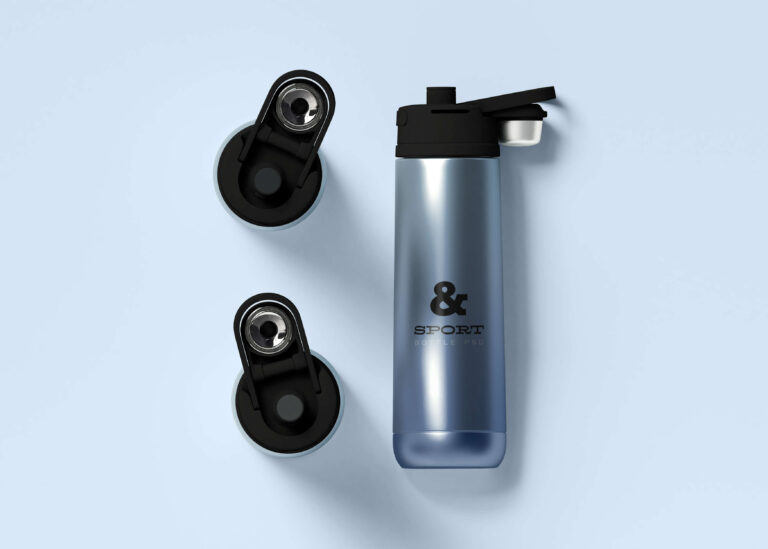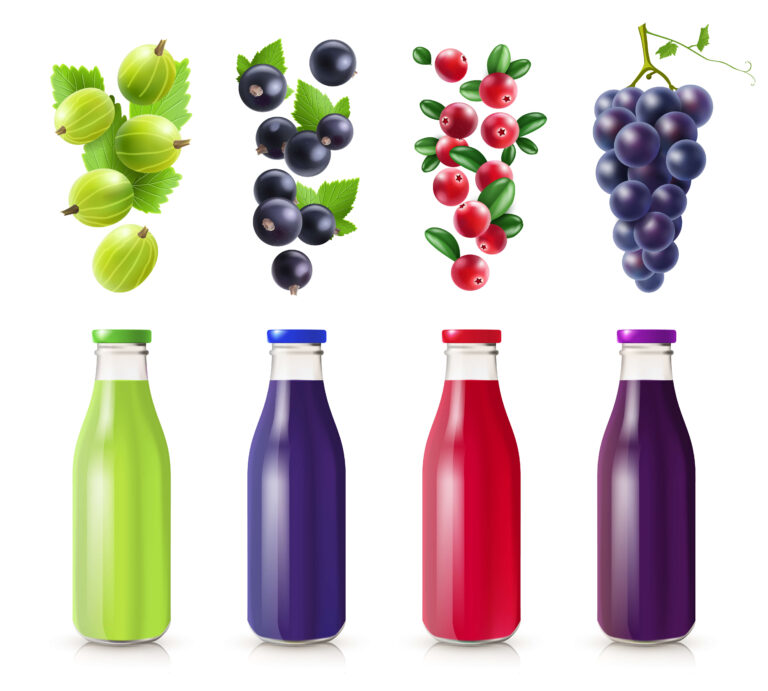
Which Type Of Water bottle Is Best?
Which water bottle should you use on a daily basis? Is it a plastic water bottle? It is really a bad idea to carry water in a bottle made of plastic. You need to understand that water absorbs the substances emitted by the container that it is stored.
We must choose our water bottles consciously, keeping in mind the factors affecting our health. There are mainly three types of materials used to make water bottles. Plastic, metals, and glass are usually the most used containers to store food and water.
We all know that our ancestors used metal containers and vessels to store and prepare food. There are so many health benefits in doing so. But, in the modern world, we are blinded by the prices of synthetically made products.
We should be aware that these products harm our overall health. We may face lowered immunity, testosterone, and other hormonal imbalances. This article will cover the concepts of the materials used to make containers and water bottles.
Plastic Water bottle

Plastic water bottles are manufactured with base materials like polypropylene and copolyester. They are the most commonly used reusable water bottles.
These materials are durable and lightweight, but most people do not prefer plastic water bottles for regular use because they tend to leave some unpleasant taste and smell in the fluid when stored for a while.
These materials contain BPA, which is considered to cause hormonal imbalance in the human body. It is low cost and efficient to produce plastic water bottles, thus affordable to all. Most people are unaware of the health hazards of plastic water bottles over glass or metal bottles.
Harmful side effects of plastic bottles:
1) BPA generation: BPA is an estrogen-mimicking chemical that can lead to health problems such as diabetes, fertility problems, obesity, behavioral problems, and early puberty in girls. It is not at all recommended to drink water stored in plastic bottles. (1)
2) Immune system damage: The chemicals released from plastic materials harm our bodies and negatively affect our immune system.
3) Reduced sperm count: The presence of a chemical called phthalates in plastic and drinking water from plastic bottles can lead to reduced sperm count. (2)
4) Dioxin Production: Direct exposure of plastics to the sun causes heat and releases a toxin called Dioxin. Consumption of this can accelerate breast cancer.
5) Pollution: Plastics are non-biodegradable. Hence they cause an imbalance in the ecosystem (3)
Metal / Steel Water bottle

Metal vessels and bottles are among the best materials for storing water and food items. In ancient times, most containers used for storage and cooking were made of metal, generally steel, copper, iron, and brass.
When food is stored or cooked in metal vessels, the vessels tend to release some metallic elements into the food prepared. This benefits our health. These are the best reusable bottles as they are sturdy and robust.
But they also tend to add some kind of smell and taste to the water stored. The most commonly used are copper and stainless steel. Aluminium is also used to make these kinds of bottles sometimes. Every metal container has its own property with some advantages and disadvantages.
The most commonly preferred metal to make bottles is stainless steel because of its corrosion-resistant property with the merit of not affecting water taste. Steel water bottles have great strength against any fall or damage, as stainless steel is derived from iron.
These bottles are the most durable when compared to glass and plastic bottles. The production process of metal bottles is a bit more energy consuming which is why they cost more than the other water bottles.
Steel water bottles can be recycled easily, having higher chances of usage than other types of metal, plastic, or glass bottles. The least preferred is the aluminium bottles because of their reaction to acidic liquids.
To avoid the reaction, manufacturers coat the inner side of the bottle with some enamel, mostly BPA. They are also not as strong as other metal bottles. But, they are cost-effective as compared to other metal bottles.
Copper bottles are the third type of water bottle that is used as copper adds some components to the water, which is considered healthy. Storing water in a copper bottle adds metallic nutrients that help in digestion, boost immunity and decrease the healing time. Copper bottles are best for improving joint health, thyroid condition, and increased iron absorption.
Glass Water bottle

Glass water bottles are highly recommended as they do not change the taste of the fluid contained. Not just water but most fluids such as food, beverages, sauces, pickles, and other food items are stored in glass bottles.
As glass does not react with most edible items, which results in no change in taste, glass bottles and containers are being used to store water and food items. There are no adverse health effects of glass. We can use glass containers as far as we handle them right.
Glass is a fragile material that needs careful handling. It can not withstand any fall or hit. It breaks if you drop it or hit it on any hard surface. Hence one may not prefer glass containers during travel or daily city commute. The broken glass pieces are also not visible on the floor and may prick inside the foot. This is the only disadvantage of glass containers.
